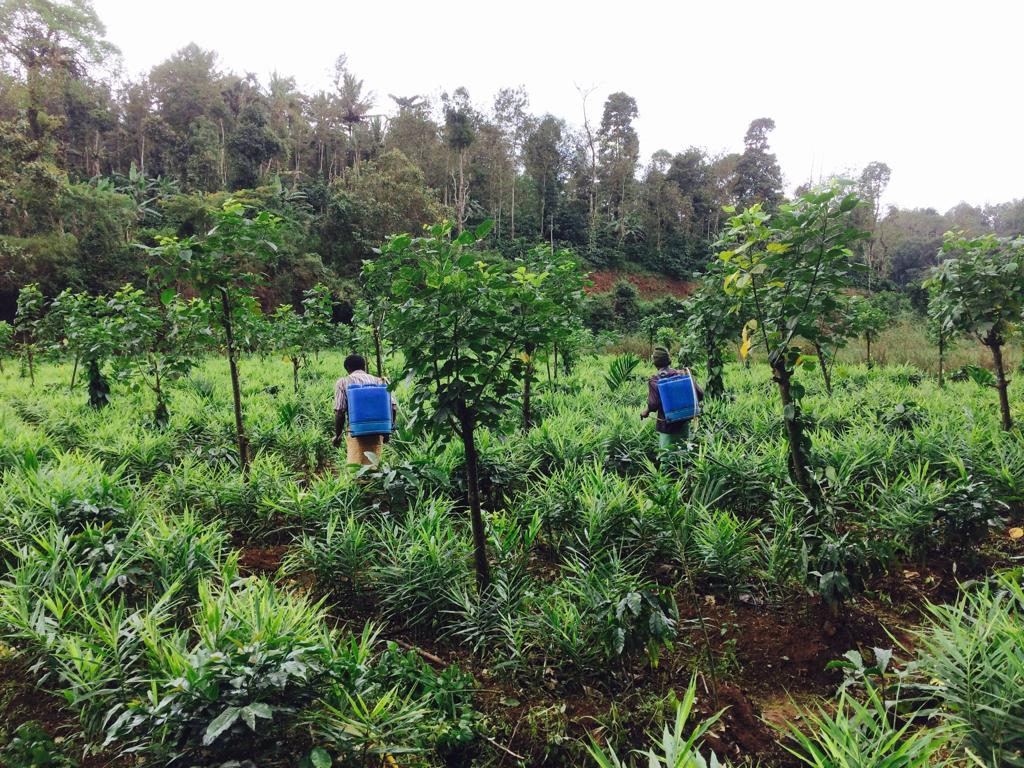India is the seventh largest producer of coffee in the world. Kodagu, a small district in South India accounts for most of the coffee exports from the country. The number of workers peak during the harvest season, between November and March. The workforce of around 200,000 workers in the district’s coffee plantations are vulnerable, with women and children forming a considerable proportion of the workforce. The current legally determined daily wage for plantation workers in the state is INR 324 (€ 4.12).
Working on these plantations comes with a host of occupational health and safety issues. Significant among these are musculo-skeletal injuries, other injuries from tools, and respiratory illnesses due to the usage of harmful chemicals and pesticides. This study documents the occupational hazards in the sector, as well as general working conditions and access to protective equipment and medical care.
Access the full report below.
Occupational Health and Safety (OHS) for India’s coffee plantation workers

